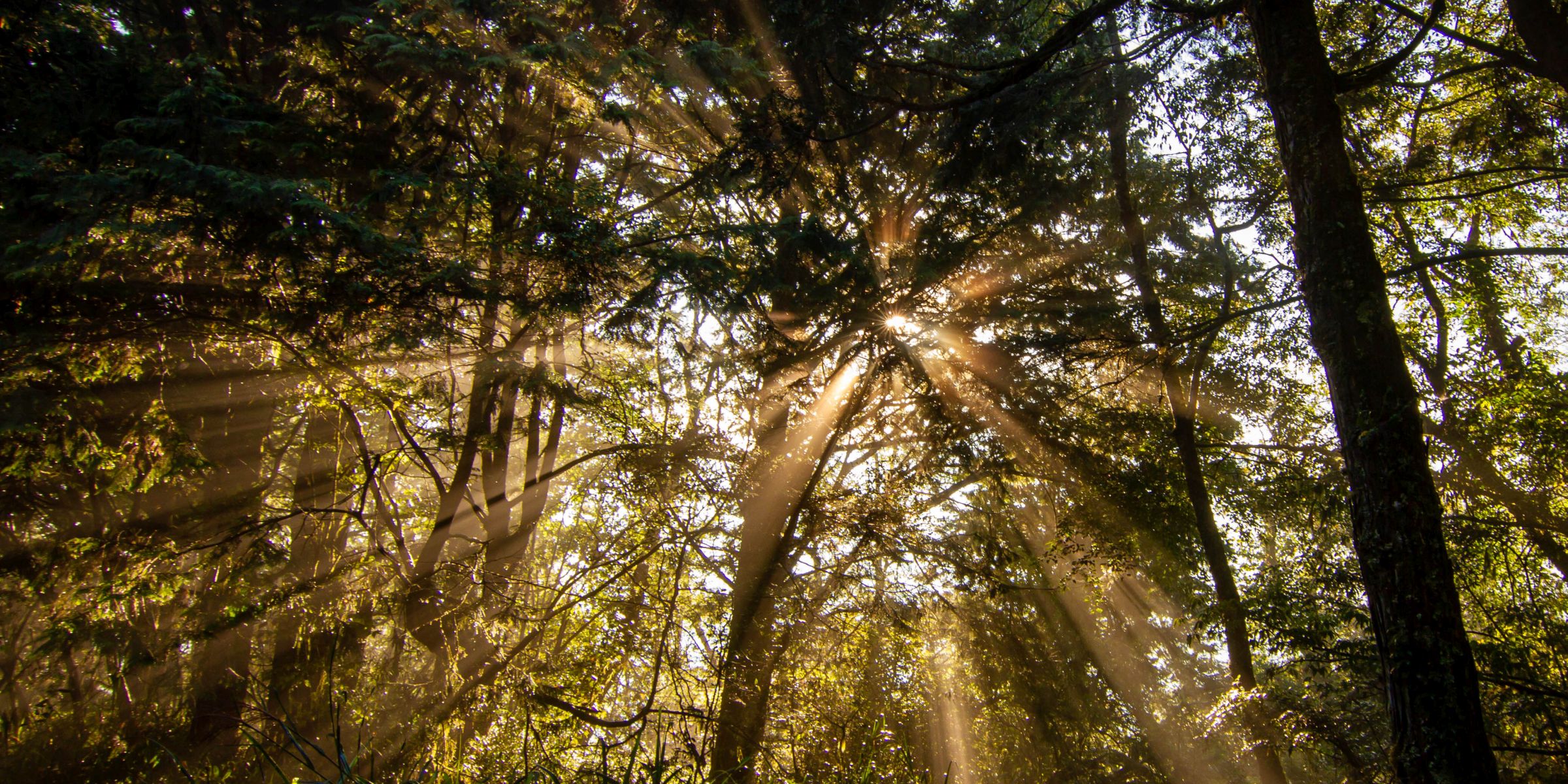Phipps Conservatory Presents Nature of Place Symposium: Faith and the Environment
For Immediate Release: Mon., July 24
Contact: Joe Reed | Senior Director of Communications
412-622-6915, ext. 3801 | jreed@phipps.conservatory.org
Phipps Conservatory Presents Nature of Place Symposium: Faith and the Environment
Speakers Come Together to Discuss Faith and Spirituality in the Nature of the World
Pittsburgh, PA — On Aug. 23 – 24, leaders from across disciplines will gather for Phipps Conservatory and Botanical Gardens’ Nature of Place Symposium. With a theme of Faith and the Environment, speakers and attendees will examine the intertwined histories of belief, nature and humanity that help guide our relationships to other living things.
The Nature of Place symposium centers on the implications of biophilia — the innate human connection to nature — which extend across a vast array of disciplines including design and engineering, nutrition, psychology, public health, education, biology and the humanities. Biophilia is expressed all over the world every day, through complex collaborations such as the design and construction of buildings and landscapes; and intimate, personal encounters including nature hikes and home gardening. Since 2014, Phipps has held a monthly Biophilia: Pittsburgh gathering to bring creative minds together for learning, exploring and strengthening the bonds between people and the natural world. At Phipps’ first Nature of Place Symposium in February 2020, these concepts found a new expression as leaders across disciplines came together to discuss the influence and impact of biophilia on their work and the work of the future.
The first day of the symposium will be virtual and feature academic insights on the relationship between spiritual beliefs and environmental action, and the second day can be attended either in-person or virtually and will feature a variety of practicing perspectives on building creative bridges towards climate action. Symposium sessions include:
Day 1 (Virtual):
How do belief systems influence the will for environmental action, or are they related at all? Explore this relationship from an academic and organizational perspective as a foundation for conversation.
Day 2 (In-Person OR Virtual):
What are the different belief systems, past and present, of our region, and what common ground can find for climate action? Hear from local faith leaders and practitioners to explore what we can draw from these different beliefs to have authentic conversations with our neighbors about our place and responsibility as humans and fellow residents of Earth.
Keynote speakers are educators Dr. Evan Berry, associate professor of environmental humanities in the School of Historical, Philosophical and Religious Studies at Arizona State University, and Dr. Laurel Kearns, professor of ecology, society, and religion at Drew Theological School. A final list of speakers is underway; current speakers include:
- Chief Adam Waterbear DePaul, the Lenape Nation of Pennsylvania
- Rev. Dr. Bhante Permaratana, Pittsburgh Buddhist Center and Cleveland Buddhist Vihara
- Dr. R. Khari Brown, Wayne State University
- Imam Chris Caras, Islamic Center of Pittsburgh
- Dr. Paula Kane, University of Pittsburgh
- Rev. John Creasy, The Open Door Church
- Rev. Dr. Kate R. Walker, First Unitarian Church of Pittsburgh
- Dr. Kawika Winter, Hawai'i Institute of Marine Biology; University of Hawai'i at Mānoa
- Robin Lewis, Interfaith Power and Light DMV
Registration for Nature of Place Symposium: Faith and the Environment is available in an all-access tier, which includes virtual access for day 1 and in-person access with catered lunch for day 2, and a virtual-only tier, which includes virtual access for both days. For more information, visit phipps.conservatory.org/NatureofPlace.
###
About Phipps: Founded in 1893, Phipps Conservatory and Botanical Gardens in Pittsburgh, PA is a globally recognized green leader with a mission to inspire and educate all with the beauty and importance of plants; to advance sustainability and promote human and environmental well-being through action and research; and to celebrate its historic glasshouse. Encompassing 15 acres including a historic 14-room glasshouse, 23 distinct indoor and outdoor gardens and industry-leading sustainable architecture and operations, Phipps attracts more than half a million visitors annually from around the world. Learn more at phipps.conservatory.org.
Watch TEDx: What We Can Learn From an Old Glasshouse: A look at the evolving way we connect people to nature at Phipps, demonstrate how human and environmental health are inextricably connected, and show that to age gracefully, we must continually reinvent ourselves to evolve with the rest of the world.



